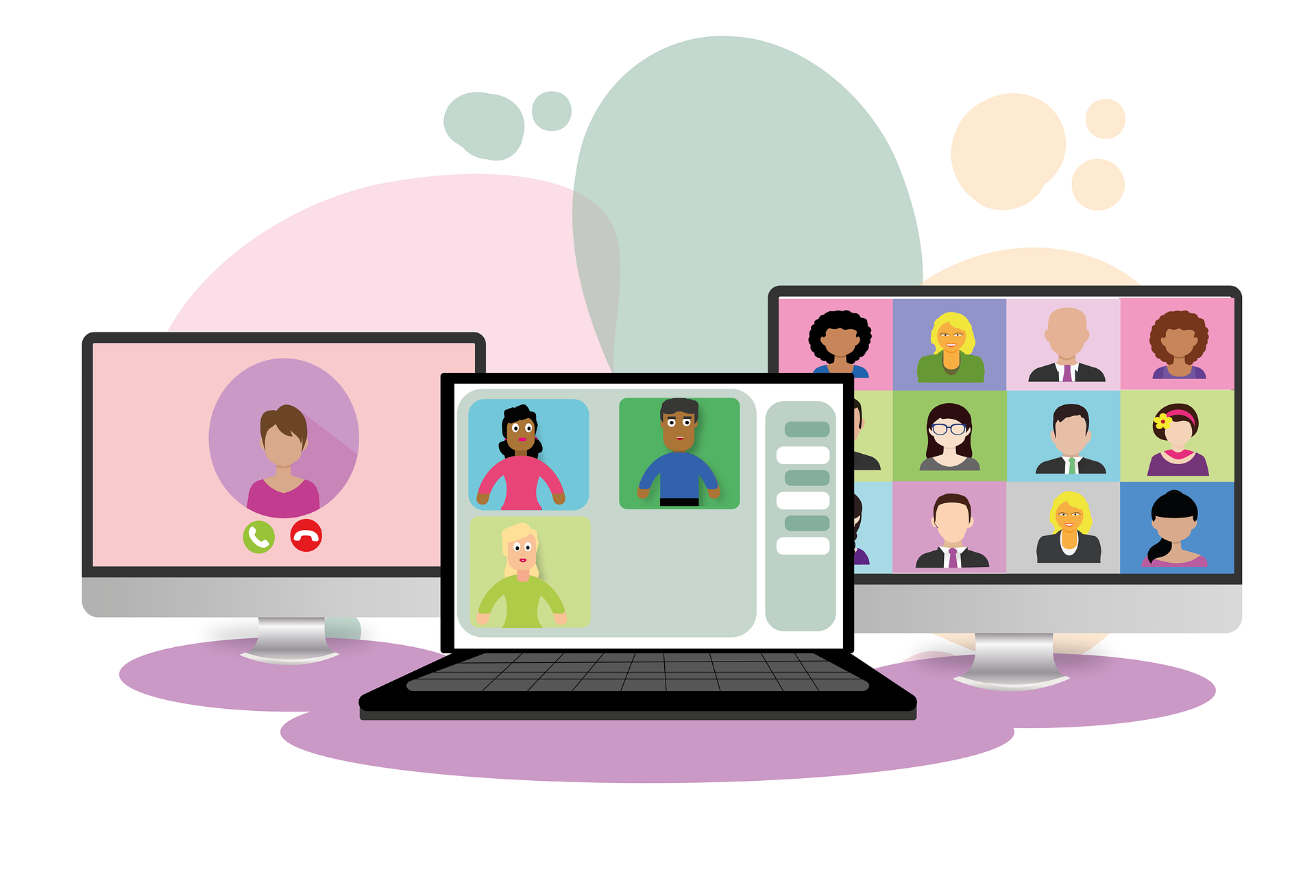Virtual Learning for Vulnerable Children amidst the COVID-19 Pandemic

In mid-March 2020, the Kenyan government abruptly closed schools and colleges in an attempt to contain the spread of COVID-19, thereby disrupting nearly 17 million learners countrywide. It is against this background that ACLAD partnered with Raena Learning Centre to provide learning resources and teaching support to children in Kilifi, Kajiado and Kakamega. At present, the private sector in Kenya is striving to bridge the gaps in digital learning that emerged as schools closed due to the pandemic. This is largely because the government has not yet established proper infrastructure for digital learning in the education sector.
ACLAD has provided mobile devices, solar lights and mobile chargers as well as internet bundles to enhance connectivity. Secondary school children in Kilifi, Kajiado and Kakamega access learning resources and teaching support through Zoom, WhatsApp and Google Classroom. Mwanaisha, one of the beneficiaries of this partnership in Kilifi says “Online teaching has really helped me a lot more so in English whereby I have known many technics of passing English.”
Professor Olivier[1] of Nelson Mandela University in South Africa disagrees with those who say that self-guided learning could solve some of the current teaching problems and address the educational backlog present. He points out that learners simply lack incentive to keep at their studies without peer pressure, a teacher at hand or a structured learning environment. While self- guided learning may work for students in colleges and universities, it may not work as well for those in primary and secondary schools. For self-directed learning to work, motivation, discipline and independence will become even more important for students who are no longer spending their learning time under the direct supervision of teachers. The Programme for International Student Assessment (PISA) Reading Framework[2], confirms that enjoyment of reading can be fostered in students by teachers who support student independence, competency and ownership of reading. On advancing the need for self-directed learning during this time when school-going children are at home, Agrippina, another beneficiary says, “I have learned that online classes give you that motivation of reading other than using books whereby you feel discouraged too fast, therefore I recommend other learner’s to use online learning and teaching.”
Despite Kenya’s technological advances, not all learners in the country have access to digital learning tools due to a range of reasons such as income inequalities, limited or no access to electricity for some segments of the population, especially in rural Kenya. Other challenges that learners face in digital and e-learning include limited internet accessibility especially in the rural areas; minimal locally developed content as most of the available content is not localized as there is no standardized software, application programmes or digital content suitable for e-learning. In addition, not all learning institutions are adequately prepared to integrate digital learning tools like cloud-based e-learning platforms or teleconferencing software due to limited technological resources such as computers, laptops and tablets.
There is also the lack of or limited technological skills on e-learning, e-teaching and content development by teachers, as well as the existing capacity building gaps among teachers on how to integrate ICT tools in education. In rural areas, children are often seen as a source of labor, and since the school closure fell during planting season, children were expected to till the land, weed and help in the harvesting of the crop and to tend the family flock. They are also to take care of their younger siblings and take part in the day-to-day household chores. There is little or no time for these youngsters to sit and follow teachings on television or radio, let alone access the internet for classroom sessions.
We owe a debt of gratitude to our sponsors in this partnership as we make an effort to ensure that vulnerable secondary school children in Kilifi, Kajiado and Kakamega have access to digital learning materials. We also call upon other like-minded individuals and organizations to partner with us so that together, we can ensure that other vulnerable children in other rural Kenya access the same opportunities in order to advance learning. The use of remote learning and education, vocational education and training resources needs to be adopted to mitigate the loss of learning and to avoid child labor, teenage pregnancies and early marriages during the closure of schools and training institutes. Amina, one of the beneficiaries says of the provision of digital learning resources, “It has helped me in the way that, now I can’t be idle and even not forgetting to revise my work and gaining something different from what I was taught in school.”
Catherine Muteithia
ACLAD Media Consultant
[1] Education post-COVID-19: customized blended learning is urgently needed
[2] Programme for International Student Assessment (PISA) Reading Literacy Framework
